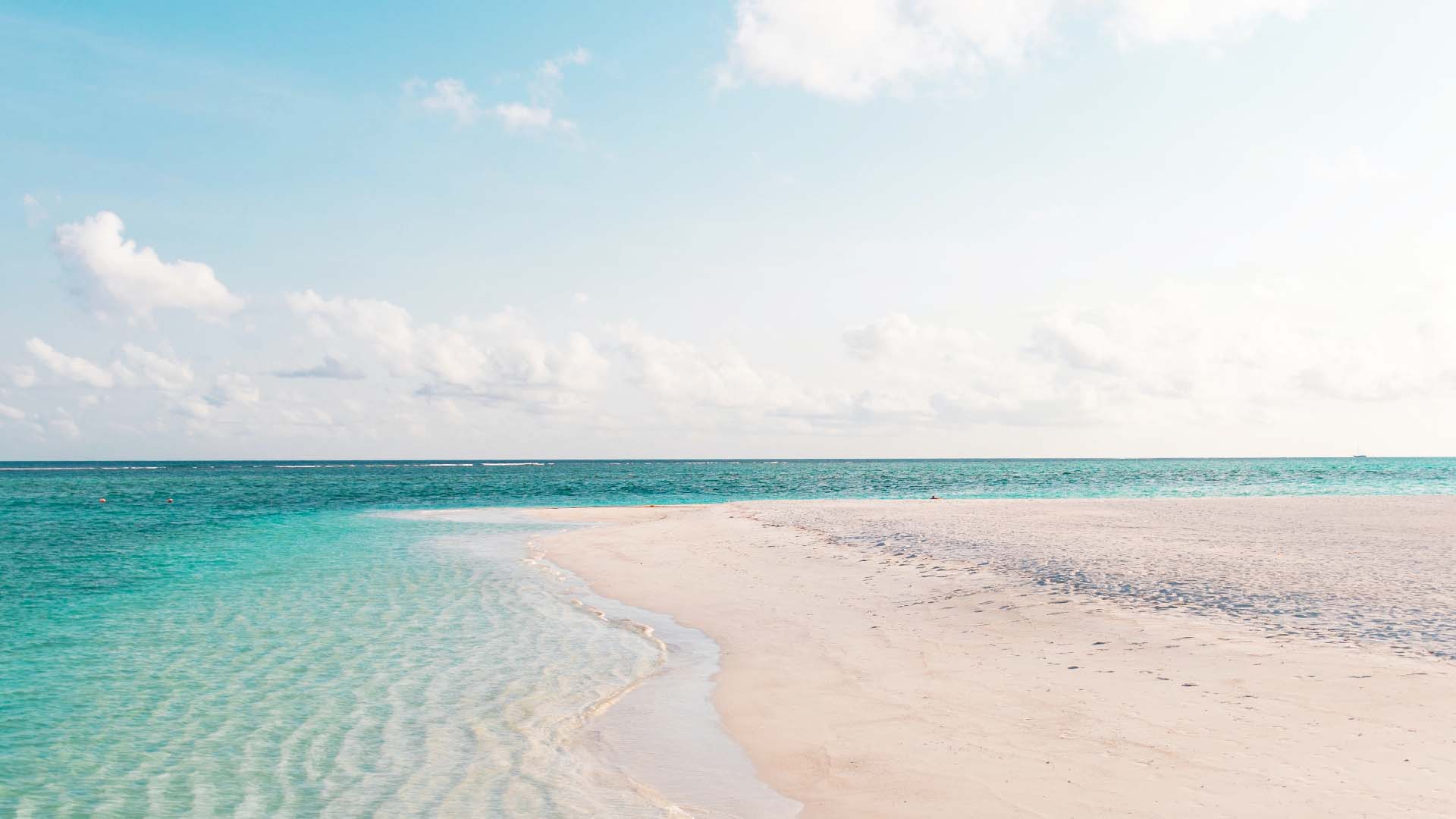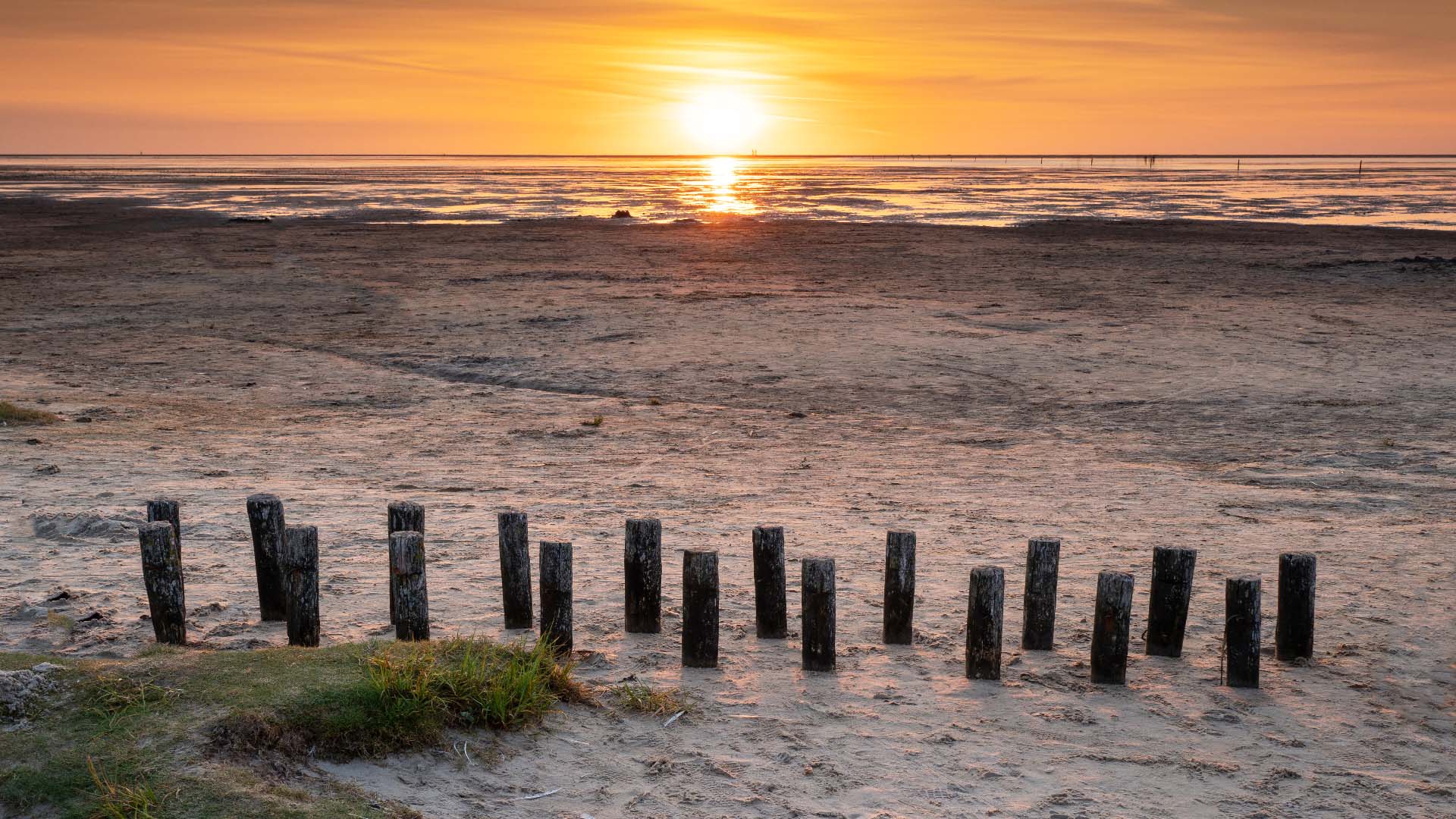The wind whistles, the sun shines, the air tastes of salt. Typical North Sea. For some, the special coastal climate is the main argument for a vacation or even a cure at the sea, for others a positive side effect. But what makes the coastal climate so unique and what are its advantages?
Experts call the coastal air "irritant climate", which sounds more negative than it is. This particular climate is made up of five components, the harsh winds, the UV radiation from the sun, the high salt content in the air, the air temperature, and the humidity. The cool, intense winds cool the skin and cause a cold stimulus, which hardens the body. More interesting, however, is what the wind brings with it. The high salt content of the air, ensures that skin flakes are dissolved. In combination with the cortisol released by the UV radiation and the sun vitamin D3, there can be significant improvements in The beneficial and health-promoting effects of the typical North Sea air are known to lung and skin doctors. It is no coincidence that the North Sea coast of Lower Saxony alone has more than two dozen health resorts and a large number of therapeutic facilities. But what skin diseases such as neurodermatitis or psoriasis give.
However, the salt in the air does not only react on the skin. Grade in surf zones one finds maritime aerosols. Via small droplets of salt water, the salt first reaches the nasal and pharyngeal cavities, and a little later even the alveoli, where it has an expectorant effect on all respiratory tracts. Especially asthmatics, patients with chronic bronchitis or sinusitis benefit from the healing coastal climate.
But also those who are not ill will feel the positive effects of the healing coastal air. People from cities and towns have become accustomed to air and noise pollution and only notice here at the North Sea what it means to breathe unpolluted air. The healing aspects are largely due to the geographic location, but the enormous environmental awareness and sustainable lifestyle of coastal and island residents ensures that future generations will also benefit from the positive aspects of the unique coastal air. Thus, they should know, on the East Frisian islands of Baltrum, Langeoog, Juist and Spiekeroog no cars drive all year round. On Norderney, too, driving is restricted during the summer months. On Borkum, cars are banned in the town centers and from 9 p.m. to 7 a.m. at night. This is not only good for the air quality and the climate, but also creates a peace and quiet that most vacationers are not familiar with, but at the latest after their first stay on the coast no longer want to miss.



